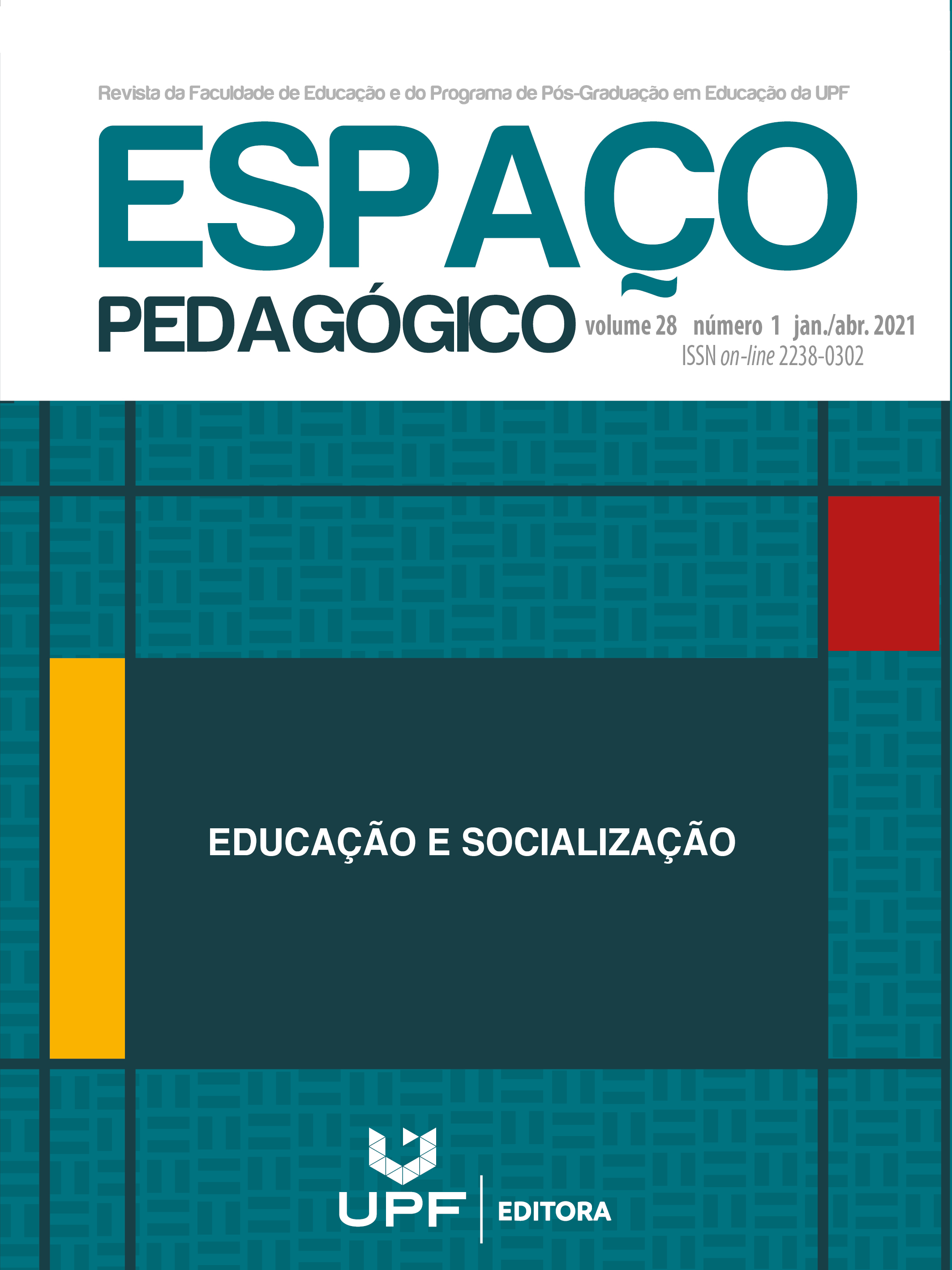Child, childhood and citizenship: dialogue of inspiration in Paulo Freire
DOI:
https://doi.org/10.5335/rep.v28i1.10088Keywords:
Childhood. Citizenship. Paulo Freire.Abstract
This article discusses the relationship between childhood and citizenship from an inspirational dialogue in Paulo Freire. The aim is to present the contributions of this educator's epistemology to think about the constitution of childhood citizenship and the proposition of a citizen education. The dialogue starts from the results of a theoretical research that investigates in Freire's works his understanding about children, childhood and the education of young children. In his writings Freire denounces the forms of oppression to which boys and girls are subjected and how authoritarian and anti-dialogical the educational process is, thus silencing their voices. It defends children as subjects of rights, including the right to speak and to participate, and proposes that early childhood education institutions become centers of creativity that educate for solidarity and participation. In conclusion, Freire's epistemology leads us to the understanding that education, citizenship and childhood are not only abstract concepts, but dimensions of a critical and creative praxis that enables us to recognize children as citizens and build decolonizing pedagogical practices with them.



